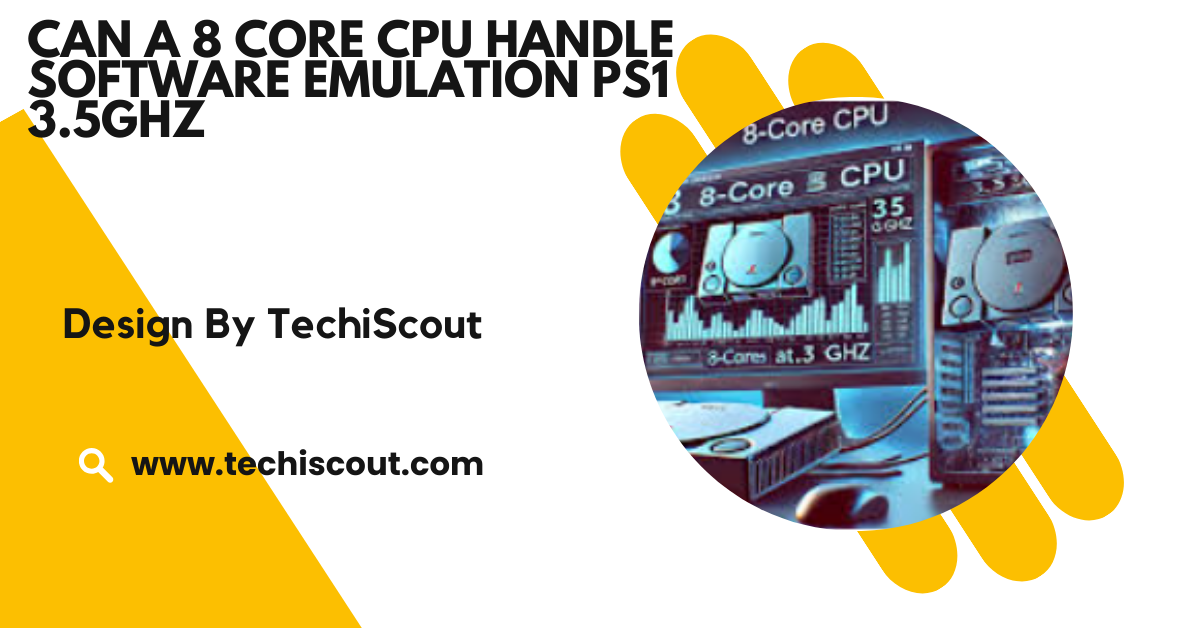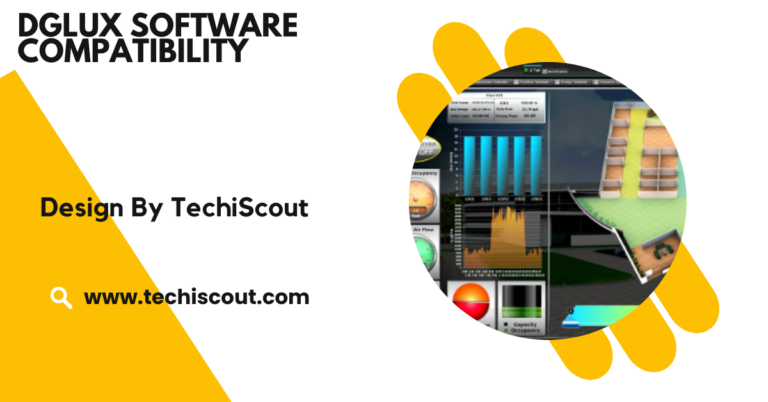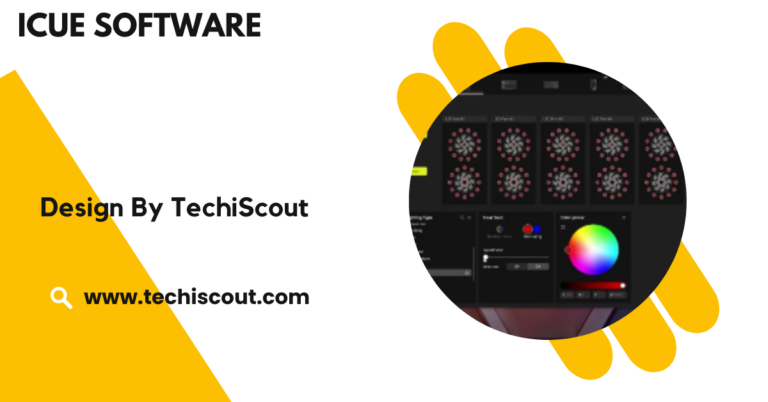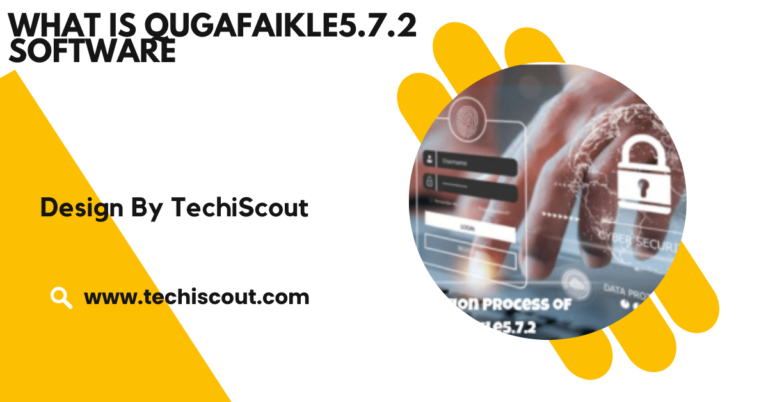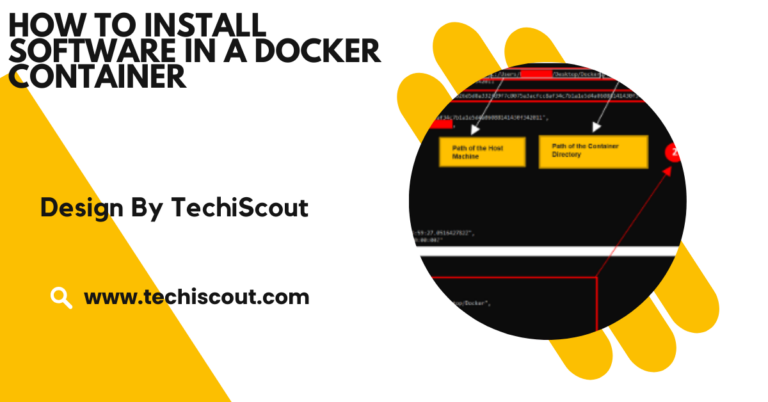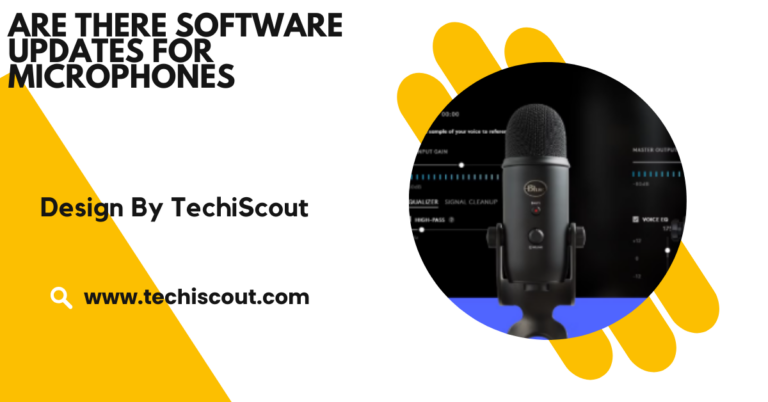Can A 8 Core Cpu Handle Software Emulation ps1 3.5ghz – A Comprehensive Guide!
Yes, An 8-core CPU at 3.5GHz can easily handle PS1 emulation, providing smooth performance for classic games.
In this article, we’ll break down can a 8 core cpu handle software emulation ps1 3.5ghz, the role of your CPU, and whether an 8-core CPU at 3.5GHz is up to the task.
Table of Contents
What is PS1 Emulation:
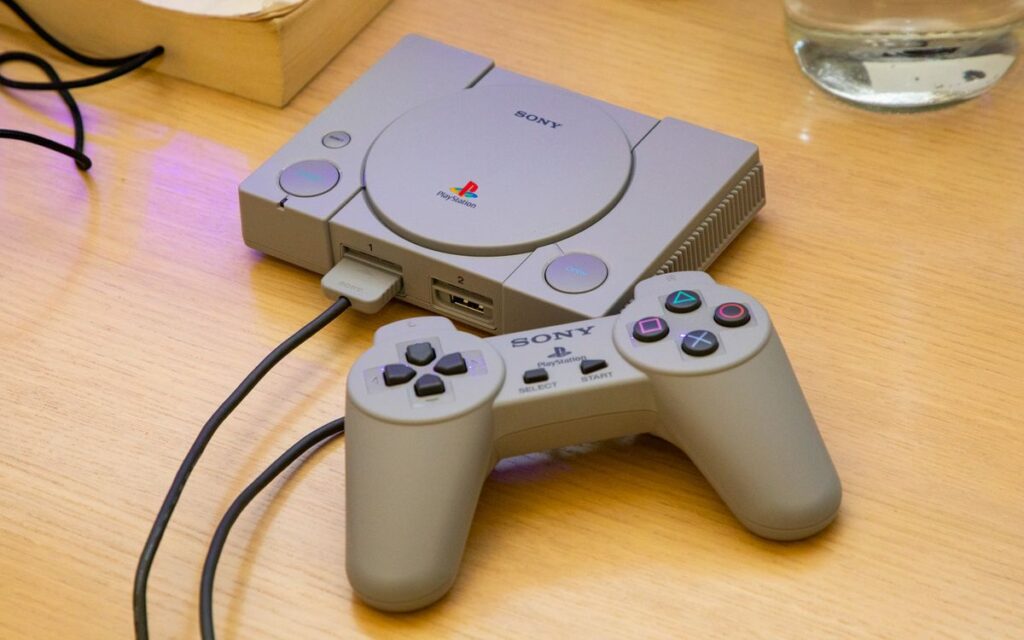
PS1 emulation is the process of running PlayStation 1 games on a platform that isn’t the original console. Emulators like ePSXe and PCSX-Reloaded allow you to play PS1 titles on your PC, preserving the nostalgic experience of gaming on the iconic console.
However, emulation doesn’t simply replicate gameplay.it translates the hardware architecture of the PS1 into something your modern PC can understand. This process can be quite demanding on your CPU and GPU, especially when software emulation is involved.
Understanding the Role of the CPU in Emulation:
The CPU (Central Processing Unit) is responsible for executing the instructions necessary to run the emulator and process game data.
In software emulation, the CPU mimics the behavior of the PS1’s original hardware, which can be a resource-intensive task. This is different from hardware emulation, where a dedicated device mimics the PS1’s hardware, often requiring less CPU power.
An 8-core CPU is a great start for emulation, especially for demanding tasks. The core count allows for multitasking, where different threads of the emulation process can run in parallel.
However, when it comes to PS1 emulation, the number of cores is only part of the equation. Clock speed and overall CPU performance are equally important.
The Importance of Clock Speed 3.5GHz in PS1 Emulation:
Clock speed, measured in gigahertz (GHz), refers to how quickly a CPU can execute instructions.
A higher clock speed means the CPU can process more tasks in a shorter amount of time, making it crucial for performance-intensive activities such as gaming and emulation.
A 3.5GHz clock speed is relatively fast by modern standards, providing the processing power needed for many demanding applications, including PS1 software emulation.
How Clock Speed Affects PS1 Emulation:
When it comes to PS1 emulation, the CPU is responsible for translating the game’s original instructions into something the PC can understand.
The higher the clock speed, the quicker this translation occurs. A 3.5GHz clock speed ensures that the CPU can process game data efficiently, reducing lag, frame stuttering, and delays. This results in a smoother gaming experience, as the CPU can keep up with the emulator’s demands without unnecessary slowdowns.
The Role of Emulator Optimization:
However, clock speed is not the only factor influencing emulation performance. The efficiency of the emulator also plays a significant role in how well the system runs.
For emulators to work effectively, they need to be optimized to handle the PS1’s complex instructions and utilize available system resources. Many modern emulators are designed to distribute tasks across multiple CPU cores, improving overall performance.
Leveraging Multiple Cores for Enhanced Performance:
An 8-core CPU, combined with a 3.5GHz clock speed, is well-suited for modern emulation tasks. Emulators can distribute the load such as rendering graphics, processing audio, and managing input across multiple cores.
This multitasking capability ensures that each component of the game runs smoothly without overloading any single core. As a result, even more complex games can be emulated with reduced risk of performance bottlenecks.
The Importance of Regular Emulator Updates:
Emulators are frequently updated to improve performance and integrate new optimizations. These updates allow the emulator to better utilize the latest CPU features, further enhancing the emulation experience.
As processors and emulators evolve, the combination of high clock speeds and software enhancements ensures that PS1 games run smoothly on modern PCs.
Read More: How to Become a Software Engineer
Will an 8-Core, 3.5GHz CPU Be Enough for PS1 Emulation:
Yes, an 8-core CPU running at 3.5GHz should be more than capable of handling PS1 emulation. Here’s why:
- PS1 Games Aren’t Very Demanding: Compared to modern games, PS1 games have much lower graphical and processing requirements. Even though emulators can be taxing, the power of a modern 8-core CPU is typically overkill for running these classic titles.
- Parallel Processing: With 8 cores, your CPU can distribute the emulation tasks across multiple threads, ensuring that the emulator runs efficiently, even during more complex scenes or when loading large game assets.
- Clock Speed Matters: A 3.5GHz clock speed ensures that your CPU can execute instructions quickly. This helps reduce lag, frame stuttering, and other performance issues that can occur with slower processors.
- Compatibility with Popular Emulators: Emulators like ePSXe and PCSX2 (though focused on PS2, some PS1 games are playable) are well-optimized and can take advantage of multiple cores and high clock speeds, providing smooth emulation performance.
Optimizing Your System for PS1 Emulation
While an 8-core CPU at 3.5GHz is more than enough for PS1 emulation, there are a few steps you can take to ensure the best possible experience:
- Update Your Emulator: Make sure you’re using the latest version of your emulator. Developers regularly release updates that optimize performance and fix bugs.
- Configure Emulator Settings: Emulators offer various settings that can help fine-tune performance. Adjusting graphics settings or enabling certain features (like frame skip) can increase speed and reduce system load.
- Ensure Adequate RAM: While the CPU is crucial, having enough RAM is also important. At least 4GB of RAM is recommended for smooth emulation.
- GPU Compatibility: Although the CPU does the heavy lifting in software emulation, having a capable GPU can enhance visual quality. This is especially important if you use upscaling or enhanced graphics for PS1 games.
FAQs:
1.What is PS1 emulation?
PS1 emulation allows you to play PlayStation 1 games on a modern PC by mimicking the PS1 hardware through an emulator.
2.Do I need a high-end CPU for PS1 emulation?
No, PS1 games aren’t very demanding, and an 8-core CPU at 3.5GHz is more than sufficient for smooth emulation.
3. What role does the CPU play in software emulation?
The CPU processes the instructions needed to mimic the PS1 hardware and run the games via the emulator.
4. What is the ideal clock speed for PS1 emulation?
A clock speed of 3.5GHz is sufficient for smooth emulation, as it ensures fast processing of game data.
5. Will an 8-core CPU improve PS1 emulation?
Yes, an 8-core CPU can handle multiple threads, improving emulation performance by distributing tasks efficiently.
Conclusion:
An 8-core CPU with a clock speed of 3.5GHz is more than capable of handling software emulation of PS1 games. With modern processors boasting high core counts and clock speeds, you’ll likely experience smooth gameplay with minimal performance issues. Just remember to keep your emulator updated, tweak your settings for optimal performance, and ensure your system has sufficient memory and a compatible GPU.
Related Articles:
- Read More: iCUE Software
- Read More: What Is The Suggested First Step For Entering Software Development
- Read More: How Useful is Master in Software Engineering
